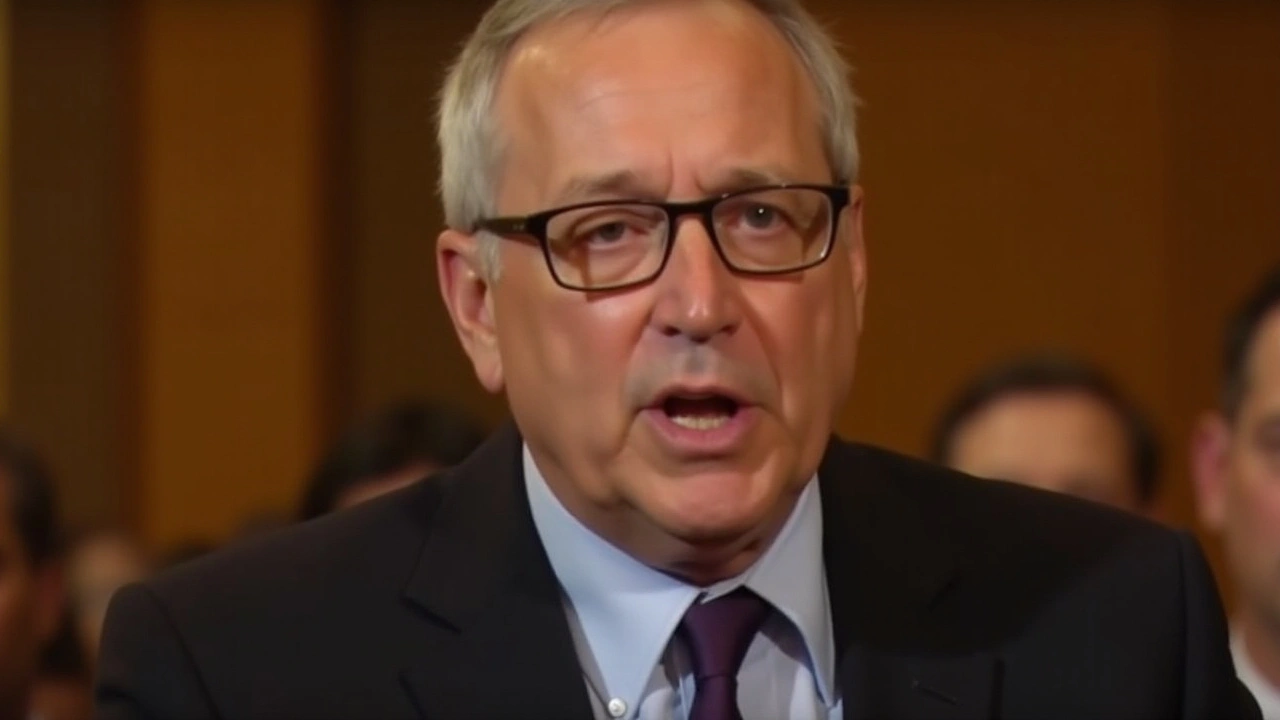Rwandan President Kagame's Call for Direct Negotiations
The intricate and long-standing conflict in the Democratic Republic of Congo (DRC) has reached another critical juncture, as Rwandan President Paul Kagame has once again urged East African leaders to bring the M23 rebel group to the negotiating table. This request comes amidst an increasingly volatile situation in the eastern region of the DRC, where the M23, a formidable rebel force, has taken significant strides, posing a severe threat to stability.
Context of the EAC Summit and Kagame's Appeal
During a special virtual summit convened by the East African Community (EAC) on January 29, 2025, Kagame reiterated the necessity for direct dialogue between the M23 and the government of the DRC. This plea underscores the complexities of engaging in peacemaking efforts, particularly when faced with resistance from key stakeholders such as President Félix Tshisekedi of the DRC. Tshisekedi, in a notable act of defiance, opted out of the summit entirely, choosing instead to engage in discussions with Angolan President João Lourenço. This decision highlights the strained relationship between the leaders and the diplomatic hurdles that lie ahead.
The Escalating Humanitarian Crisis and Security Concerns
The security situation in eastern Congo has rapidly deteriorated, particularly in the city of Goma, resulting in devastating humanitarian consequences. Reports of civilian casualties, cross-border skirmishes, and a staggering number of displacements have alarmed regional leaders and the international community alike. The call for an unconditional ceasefire issued by the EAC leaders reflects the urgency of curtailing violence and addressing the expansive humanitarian issues that plague the area.
The Complex Dynamics of Regional and International Diplomacy
Kagame's insistence on dialogue is further complicated by the geopolitical landscape, where regional allegiances and strategic interests often clash. While the EAC has leaned towards facilitating direct engagement with all stakeholders involved, including the often-vilified M23, the Southern African Development Community (SADC) stands in stark contrast. The SADC has consistently upheld the DRC's claims of sovereignty, opposing any attempts perceived as encroachments on its territorial integrity. These conflicting stances illustrate the broader regional rift and underscore the challenges of consensus-building in African diplomacy.
History of the M23 Rebellion and Rwandan Involvement
Understanding the history and resurgence of the M23 rebels is pivotal when analyzing Kagame's recent appeal. Emerging in 2012, the M23 has been perpetually accused of receiving covert support from Rwanda, an allegation Kigali steadfastly denies. Nevertheless, their current advancements in the eastern provinces of the DRC have reignited suspicions and claims of foreign influence, which threaten to exacerbate already strained ties between the neighboring nations.
The Imperative of Inclusive Dialogue
Despite these complexities, Kagame's advocacy for direct talks underscores an essential principle in conflict resolution — the imperative of inclusive dialogue. By pushing for conversations that encompass both the Congolese government and the M23 rebels, Kagame hopes to tamp down tensions and engineer a sustainable path to peace. This approach recognizes the limitations of purely military solutions and highlights the need for compromise and cooperation in achieving long-term stability.
Challenges and Hope for Long-Term Solutions
The call for negotiations, however, has faced significant obstacles, particularly with Tshisekedi's staunch refusal to entertain any direct engagement with the M23. His resistance is rooted in a belief that such talks could inadvertently legitimize the rebel group's actions, setting a challenging precedent for future insurgencies. This stance has created an impasse, with Rwanda leveraging diplomatic channels to sway opinion, while Kinshasa remains adamant about protecting its territorial integrity.
Conclusion: The Way Forward
As the East African Community continues to navigate these treacherous waters, the necessity for immediate diplomatic intervention remains clear. The humanitarian crisis unfolding in Goma, paired with the incessant advancement of the M23, reveals the fragile nature of peace in the region. If Kagame's call for direct dialogue is heeded, it may mark a turning point where sincere attempts at reconciliation can commence. In the face of regional divisions and historical animosities, achieving a mutually agreeable solution will require diplomacy, patience, and an unwavering commitment to peace.
